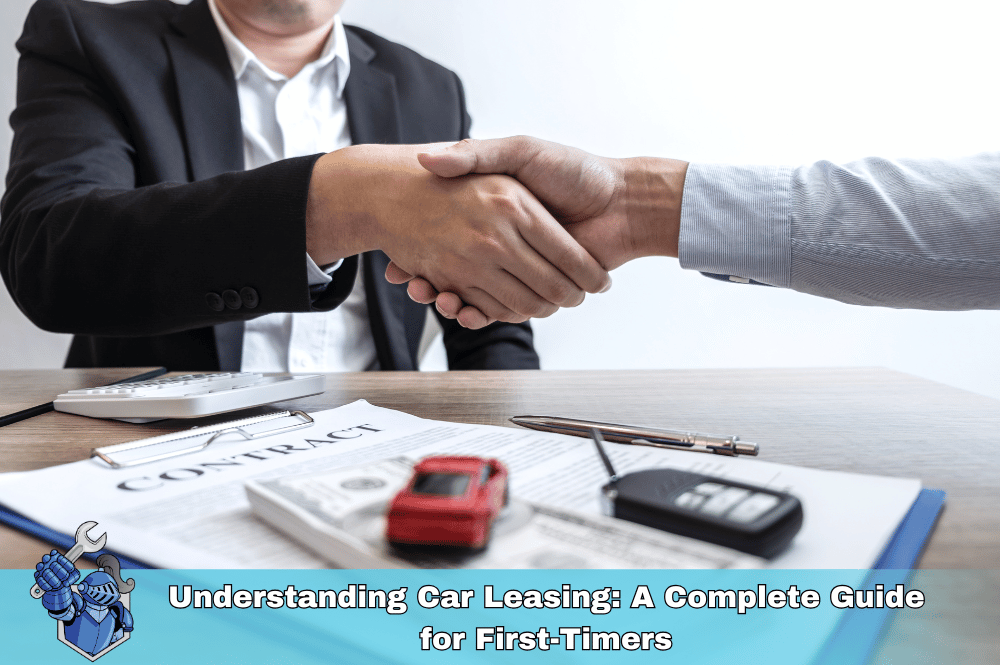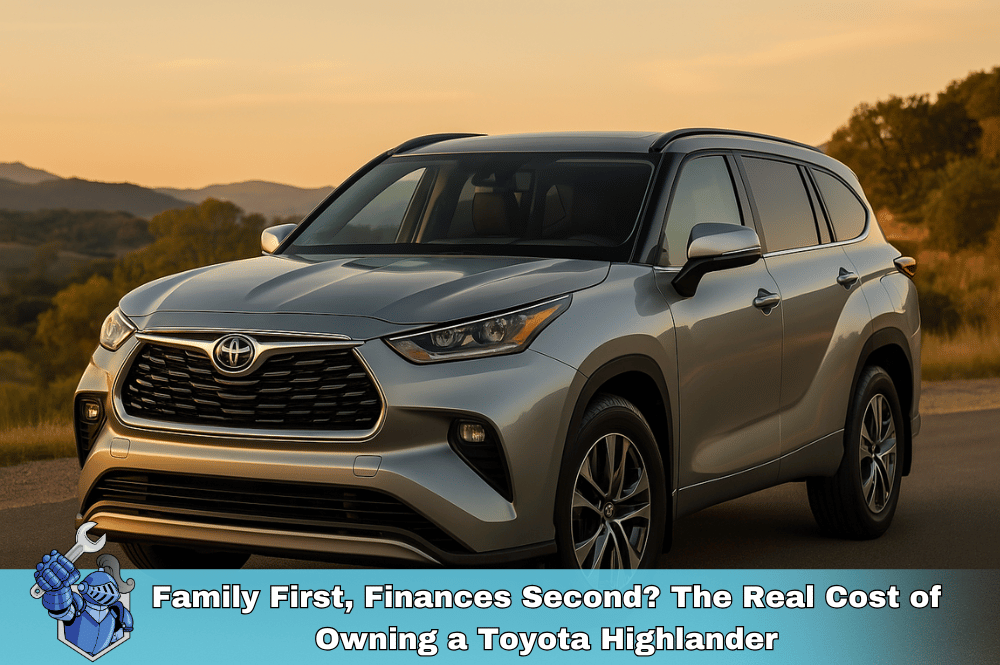The open road beckons, promising adventure and freedom. But as any seasoned car owner like Prudent Paul knows, the joy of driving can be overshadowed by the looming threat of unexpected breakdowns and costly repairs. Just when you think you've budgeted for your car payments, insurance, and fuel, a sudden mechanical failure can throw your finances into a tailspin.
But what if there was a way to safeguard yourself against these unexpected expenses? What if you could drive with confidence, knowing that you're protected from the financial burden of unforeseen repairs? This is where extended car warranties come into play, offering a safety net for Prudent Paul and other car owners who value financial security and peace of mind.
Understanding the Value of Extended Warranties
An extended car warranty, also known as a vehicle service contract, is essentially an insurance policy for your car. It provides coverage for repairs or replacements beyond the manufacturer's original warranty period. Think of it as a safety net that protects you from the financial strain of unexpected breakdowns and costly repairs.
Why Prudent Paul Needs an Extended Warranty
For the Prudent Pauls of the world, an extended warranty offers a compelling set of benefits:
- Financial Security: Cars are complex machines with a multitude of components that can malfunction. Repairing or replacing major components like the engine, transmission, or electrical system can lead to staggering expenses. An extended warranty acts as a buffer, absorbing these costs and safeguarding your finances from unexpected shocks.
- Peace of Mind: The fear of unexpected breakdowns and costly repairs can cast a shadow over the joy of car ownership. An extended warranty provides peace of mind, allowing you to embark on your journeys with confidence, knowing that you're protected against the financial uncertainties of mechanical failures.
- Enhanced Resale Value: When the time comes to part ways with your vehicle, a transferable extended warranty can be a valuable asset. It adds an extra layer of appeal for potential buyers, signaling that the vehicle is well-protected and reducing their concerns about potential repair costs.
- Added Benefits: Many extended warranties go beyond basic repair coverage, offering a suite of additional perks to enhance your ownership experience. These may include roadside assistance, rental car reimbursement, and trip interruption coverage.
Types of Extended Car Warranties: Choosing the Right Protection
Not all extended warranties are created equal. Understanding the different types can help you choose the coverage that best aligns with your needs and budget.
Powertrain Warranty
This type of warranty focuses on the core components that propel your vehicle—the engine, transmission, and drivetrain. It's often considered the most fundamental level of coverage, providing protection for the essential elements that ensure your car's mobility. Powertrain warranties are generally the most affordable option, making them suitable for those seeking basic protection without breaking the bank.
Bumper-to-Bumper Warranty
As the name suggests, this comprehensive coverage extends to most vehicle systems and components, offering a broader safety net against mechanical failures. From the engine and transmission to the air conditioning, electrical system, and even sophisticated electronics, bumper-to-bumper warranties provide extensive protection, ensuring that you're shielded from a wide range of potential repair costs. However, this comprehensive coverage comes at a higher price point.
Stated Component Warranty
This type of warranty takes a more specific approach, explicitly listing the components covered under the contract. It offers greater transparency, allowing you to clearly understand what's protected and what's not. However, it's essential to carefully review the list of covered components to ensure it aligns with your vehicle's specific needs and potential risks.
Exclusionary Warranty
In contrast to stated component warranties, exclusionary warranties take a broader approach, covering all components except those specifically excluded in the contract. This offers wider protection, but it requires careful scrutiny of the exclusions list to avoid surprises down the road. It's crucial to understand the limitations and exceptions to ensure the coverage meets your expectations.
Factors to Consider When Choosing an Extended Warranty
The decision of whether to invest in an extended warranty is not a one-size-fits-all proposition. Several factors come into play, influencing the value and relevance of the warranty for your specific situation.
Vehicle Age and Mileage
As vehicles age and accumulate mileage, the likelihood of mechanical issues increases. Wear and tear take their toll, making older, high-mileage vehicles more susceptible to breakdowns and costly repairs. In such cases, an extended warranty becomes a more appealing proposition, offering a safety net against the increased risk of mechanical failures.
Vehicle Make and Model
The automotive world is diverse, with each make and model possessing its own unique characteristics and reliability track record. Some brands and models are renowned for their dependability, while others are known for specific vulnerabilities or common issues. Researching your car's reliability history can provide valuable insights into its potential for breakdowns and help you assess the need for an extended warranty.
Driving Habits
The way you drive can significantly impact the wear and tear on your vehicle. Aggressive driving, frequent towing, or driving in harsh conditions like extreme heat or cold can put additional strain on your car's components, increasing the likelihood of repairs. If your driving habits fall into these categories, an extended warranty might be a wise investment to mitigate the increased risk.
Personal Financial Situation
Your financial circumstances play a crucial role in the decision-making process. If you have a limited budget or a low risk tolerance, an extended warranty can provide a sense of security, protecting you from the financial burden of unexpected repair costs. It offers a way to budget for potential car repairs, spreading the cost over time and avoiding a sudden financial strain.
Cost of the Warranty
The cost of an extended warranty is a significant factor to consider. Carefully evaluate the price against the potential repair expenses and your risk tolerance. Weigh the upfront cost of the warranty against the potential savings it could offer in the event of costly repairs.
Common Exclusions and Limitations: What's Not Covered
Before committing to an extended warranty, it's essential to delve into the details of the contract, understanding what's covered and, equally important, what's not. Pay close attention to these key aspects:
Wear and Tear Items
Components that undergo natural wear and tear due to regular use, such as tires, brake pads, wiper blades, and belts, are typically not covered. These items are considered part of routine maintenance and are expected to be replaced periodically.
Routine Maintenance
Regular maintenance procedures like oil changes, filter replacements, fluid top-offs, and tune-ups are generally not covered by extended warranties. These are considered routine upkeep and are the responsibility of the vehicle owner.
Damage from Misuse or Neglect
Damage resulting from accidents, improper use, or lack of maintenance is usually excluded from coverage. This includes damage caused by racing, off-roading, or neglecting regular maintenance schedules.
Pre-existing Conditions
If your vehicle has any existing mechanical issues at the time of purchasing the warranty, these may not be covered. It's essential to disclose any known problems to the warranty provider before purchasing the contract.
Cosmetic Damage
Scratches, dents, and other cosmetic issues that don't affect the vehicle's functionality are typically not covered by extended warranties. These are considered aesthetic concerns and are not related to mechanical breakdowns.
Tips for Comparing Warranty Providers: Making the Right Choice
Choosing the right warranty provider is crucial for ensuring you receive the protection you deserve and avoid falling victim to scams. By taking a proactive approach and conducting thorough research, you can make an informed decision and choose a provider you can rely on.
- Research Reputation: Explore online platforms like the Better Business Bureau (BBB), Consumer Reports, and Trustpilot to read reviews and ratings from other customers. These platforms can provide valuable insights into the experiences others have had with the provider, giving you a sense of their reputation and customer service.
- Verify Business Credentials: Ensure the company is licensed and registered with relevant state departments or insurance bodies. You can often find this information on the provider's website or by contacting the relevant regulatory authorities. This step helps confirm that the company is operating legally and meets the necessary requirements.
- Seek Recommendations: Reach out to friends, family, or colleagues who have purchased extended warranties. Their firsthand experiences can offer valuable guidance and recommendations. Personal referrals can be a great way to find trustworthy providers.
- Visit the Company's Website: A company's website can reveal a lot about its legitimacy and professionalism. Look for a well-designed website with clear contact information, detailed coverage explanations, and transparent terms and conditions. A professional website demonstrates that the company is invested in its online presence and is committed to providing clear information to its customers.
The Claims Process: A Step-by-Step Guide
Understanding the claims process can help you navigate any potential repairs smoothly and efficiently.
- Filing a Claim: If your vehicle experiences a covered breakdown, you would typically take it to an authorized repair facility. The repair facility will diagnose the issue and contact the warranty provider to obtain authorization for the repair. You may need to provide documentation such as your warranty contract and vehicle service records.
- Repair Authorization: Once the warranty provider has reviewed the claim and authorized the repair, the repair facility can proceed with the work. The warranty provider will typically cover the cost of the repair, minus any applicable deductible.
- Claim Resolution: After the repair is complete, the warranty provider will typically pay the repair facility directly. You may need to pay your deductible to the repair facility. It's important to keep records of all communication and documentation related to the claim.
The Future of Extended Warranties: Adapting to a Changing Landscape
As technology continues to revolutionize the automotive industry, extended warranties are adapting to keep pace with the changing landscape. Modern vehicles are equipped with a growing array of sophisticated electronics, driver-assistance systems, and advanced technologies that enhance safety, performance, and convenience. Extended warranties are evolving to encompass these advancements, offering coverage for:
Coverage for Electric Vehicles (EVs)
With the rise of electric and hybrid vehicles, extended warranties are adapting to cover the unique components of these vehicles, such as battery packs, electric motors, and charging systems. These components can be expensive to repair or replace, making extended warranties a valuable investment for EV and hybrid owners.
Coverage for Advanced Driver-Assistance Systems (ADAS)
These systems, which include features like adaptive cruise control, lane departure warning, blind spot monitoring, and automatic emergency braking, are becoming increasingly common in modern vehicles. Extended warranties are now offering coverage for these complex systems, protecting car owners from the potentially high costs of repairing or replacing ADAS components.
Emerging Trends in Extended Warranties
- Data-Driven Coverage: The advent of connected vehicles has opened up new possibilities for personalized warranty coverage. Warranty providers can now leverage vehicle data, such as mileage, driving habits, and vehicle diagnostics, to tailor coverage and pricing to individual needs. This data-driven approach allows for more accurate risk assessments and personalized warranty offerings.
- Predictive Maintenance: By analyzing vehicle data and diagnostic information, warranty providers can anticipate potential issues and proactively recommend maintenance, potentially preventing costly breakdowns. This predictive maintenance approach can help extend the life of your vehicle and reduce the likelihood of unexpected repairs.
- Usage-Based Warranties: These innovative warranties adjust coverage based on actual vehicle usage, offering greater flexibility and potentially lower costs for low-mileage drivers. This approach recognizes that not all drivers use their vehicles equally, and it allows for a more equitable distribution of coverage costs.
Ready to Drive with Confidence and Peace of Mind?
An extended car warranty can be a valuable investment for any car owner, especially those like Prudent Paul who value financial security and peace of mind. By understanding the different types of warranties, carefully reviewing coverage terms, and considering your individual needs, you can make an informed decision that protects your wallet and enhances your driving experience.
Take the next step and get a free quote on an extended warranty today! Visit our website to explore your options and find the perfect coverage for your vehicle.
Avoiding Costly Repairs: Your Extended Warranty Questions Answered
What are the main benefits of an extended car warranty?
An extended warranty provides financial protection against unexpected repair costs, offers peace of mind, can increase your car's resale value, and often comes with additional benefits like roadside assistance.
How much does an extended car warranty cost?
The cost varies based on factors like your car's age, mileage, make and model, coverage level, and deductible. It's best to get quotes from multiple providers to compare prices and coverage options.
What is typically not covered by an extended car warranty?
Common exclusions include wear and tear items (tires, brake pads), routine maintenance (oil changes), damage from misuse or neglect, pre-existing conditions, and cosmetic damage.
Can I choose my own repair shop?
Many extended warranties allow you to choose any licensed repair facility, while others may require you to use a specific network of repair shops. Check the terms of the warranty for details.
Is the battery covered under an extended warranty?
It depends on the specific warranty. Some cover the original battery for a limited time, while others may cover replacement batteries under certain conditions, such as failure due to a manufacturing defect.
Does an extended warranty cover engine replacement?
Yes, typically under powertrain or bumper-to-bumper warranties, as long as the damage isn't due to exclusions like misuse or neglect.
What are the different levels of coverage available?
Coverage levels typically range from basic powertrain coverage to comprehensive bumper-to-bumper coverage, with various options in between.
Can I transfer my extended warranty if I sell my car?
Many warranties are transferable, which can increase your car's resale value. Check the terms of your contract for details and any associated fees.
Should I get an extended warranty for an older car?
Older cars are more prone to breakdowns, but the warranty cost may be higher. Consider the car's condition, repair history, and your budget.
What are the benefits of an extended warranty besides repair coverage?
Many include roadside assistance, rental car reimbursement, and trip interruption coverage.
Suggestions for you
Read MoreLet’s work together
Every week we showcase three charitable organizations that our donations are sent to. Our clients are able to choose which of these three will receive their gift when they add coverage to their vehicle...

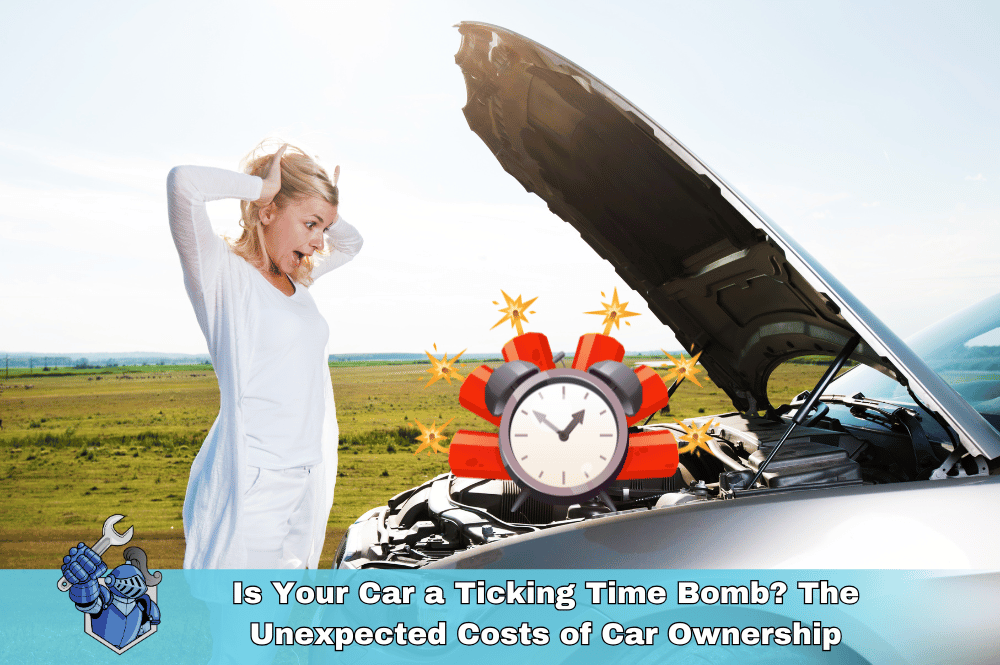
 Should You Buy a Truck? The Ultimate Pros and Cons List
Should You Buy a Truck? The Ultimate Pros and Cons List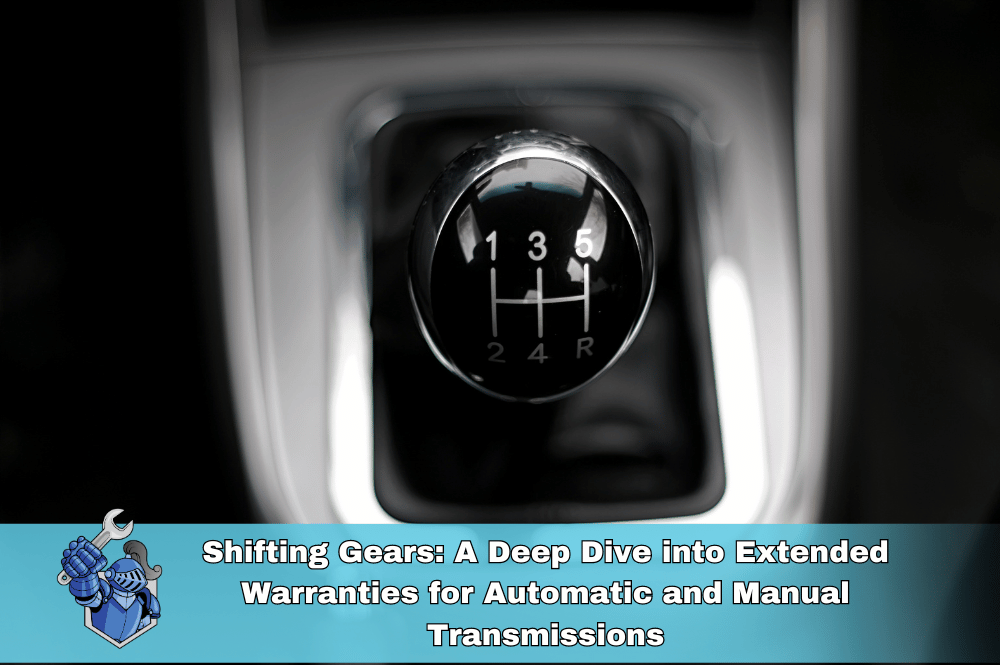 Shifting Gears: A Deep Dive into Extended Warranties for Automatic and Manual Transmissions
Shifting Gears: A Deep Dive into Extended Warranties for Automatic and Manual Transmissions Looking for the Perfect Gift for a Car Enthusiast? Try These 10 Puzzles
Looking for the Perfect Gift for a Car Enthusiast? Try These 10 Puzzles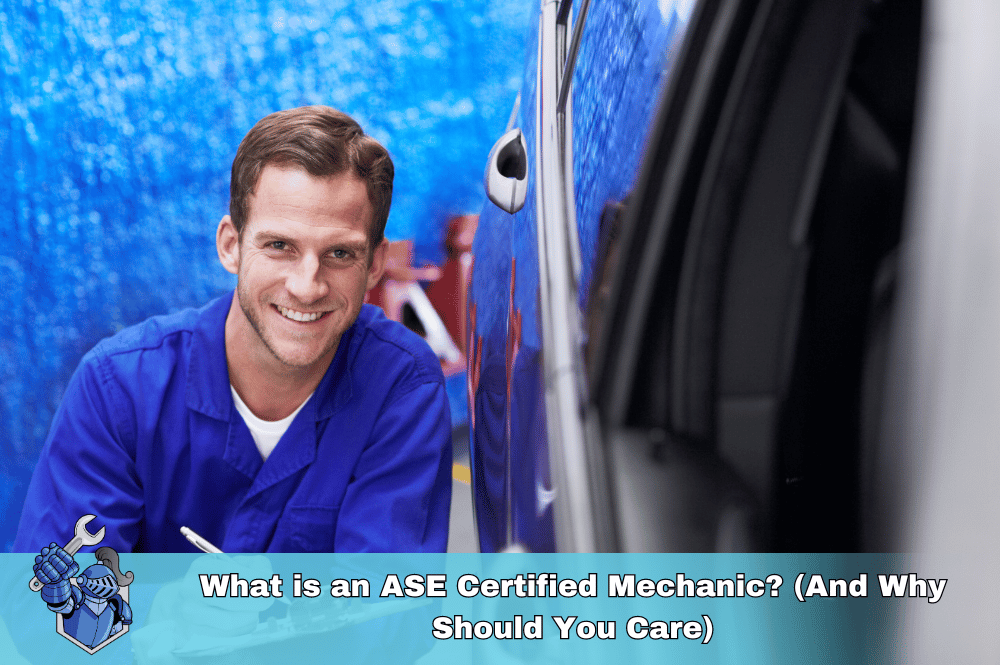 What is an ASE Certified Mechanic? (And Why Should You Care)
What is an ASE Certified Mechanic? (And Why Should You Care) Rules of the Road: Your Ultimate Guide to Safe Driving
Rules of the Road: Your Ultimate Guide to Safe Driving The Ultimate New Driver's Guide: Everything You Need to Know to Hit the Road with Confidence
The Ultimate New Driver's Guide: Everything You Need to Know to Hit the Road with Confidence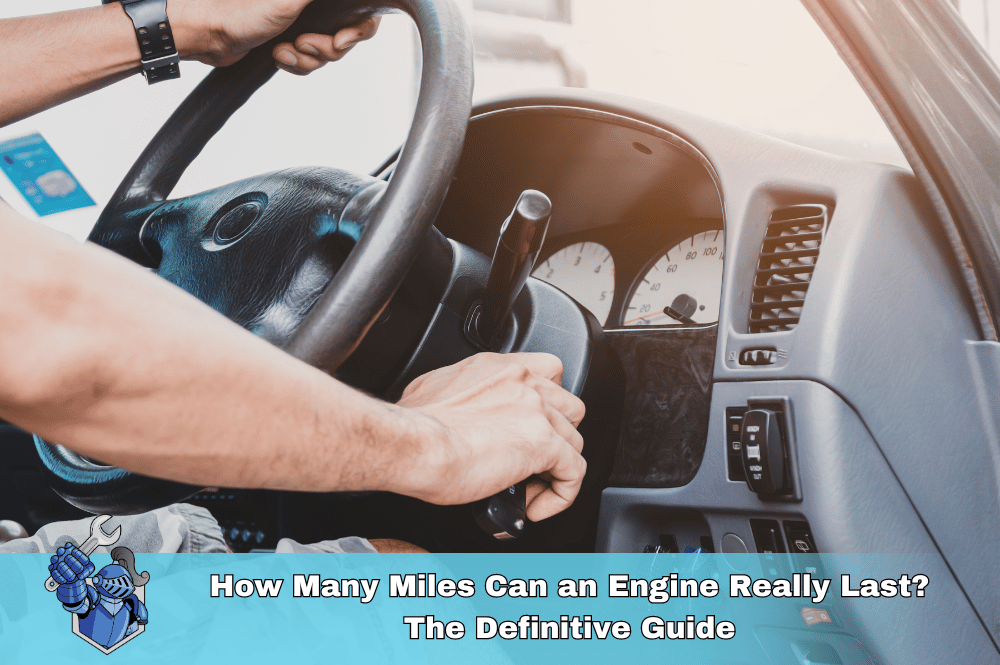 How Many Miles Can an Engine Really Last? The Definitive Guide
How Many Miles Can an Engine Really Last? The Definitive Guide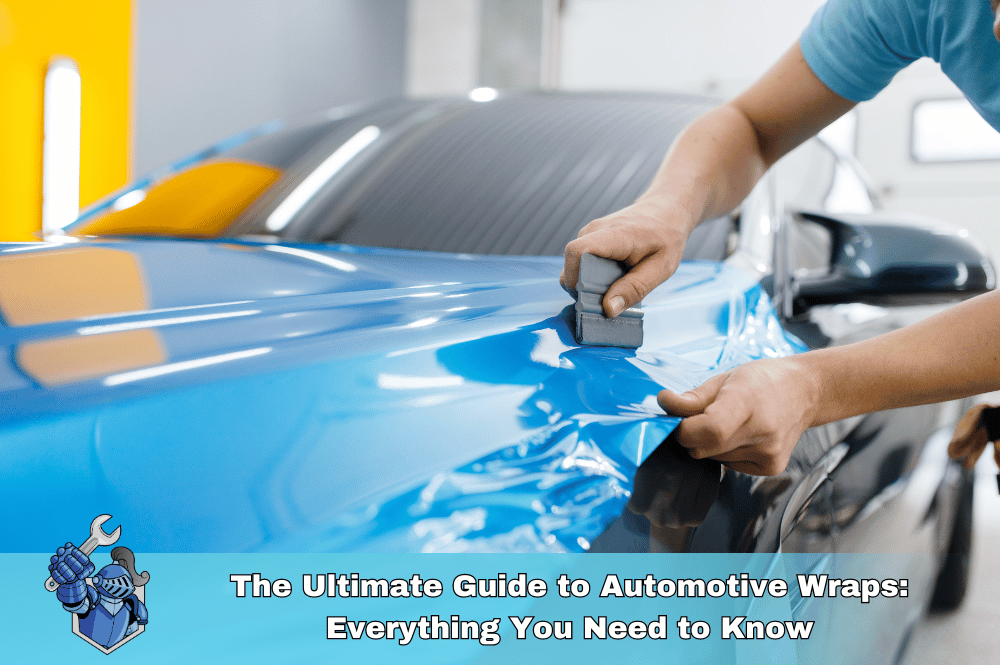 The Ultimate Guide to Automotive Wraps: Everything You Need to Know
The Ultimate Guide to Automotive Wraps: Everything You Need to Know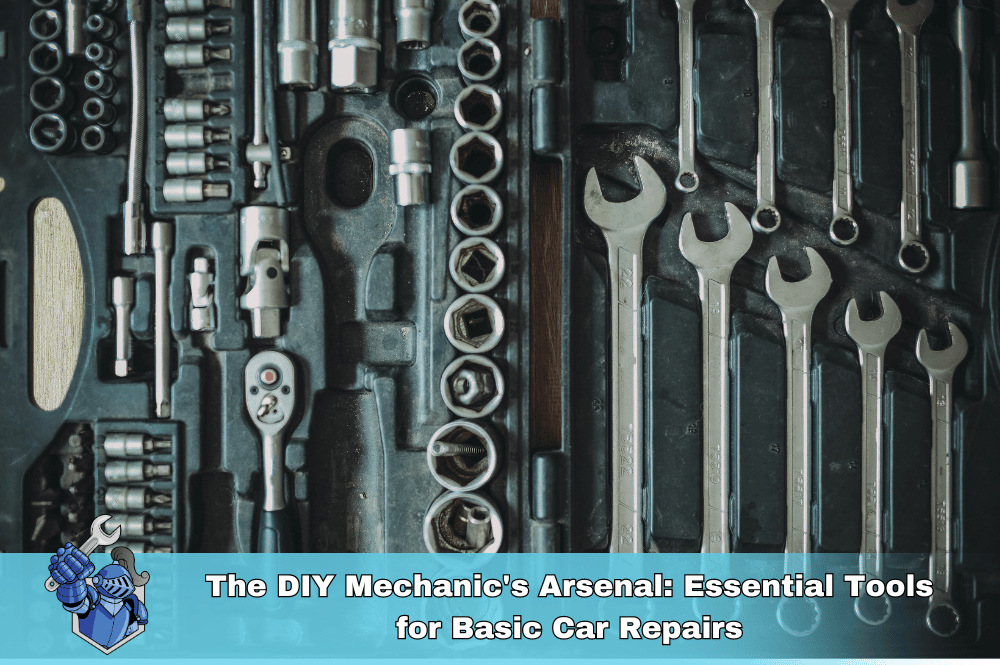 The DIY Mechanic's Arsenal: Essential Tools for Basic Car Repairs
The DIY Mechanic's Arsenal: Essential Tools for Basic Car Repairs Stranded on the Sidelines: Your Essential Guide to Roadside Breakdowns & Staying Safe
Stranded on the Sidelines: Your Essential Guide to Roadside Breakdowns & Staying Safe How to Choose the Best First Car for Your Teen in 2024: A Parent's Guide
How to Choose the Best First Car for Your Teen in 2024: A Parent's Guide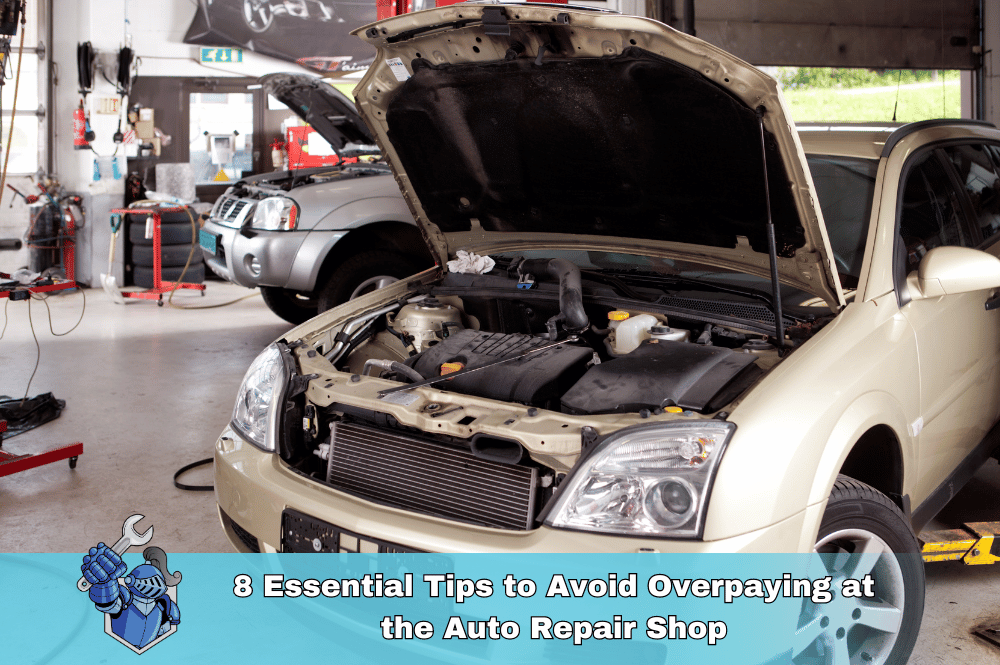 8 Essential Tips to Avoid Overpaying at the Auto Repair Shop
8 Essential Tips to Avoid Overpaying at the Auto Repair Shop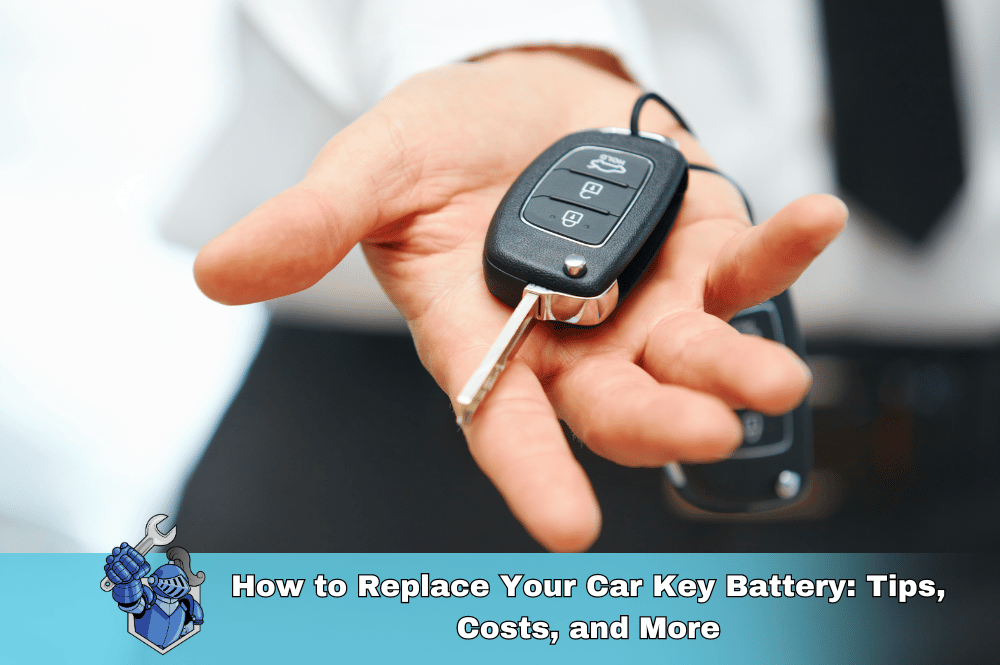 How to Replace Your Car Key Battery Tips Costs and More
How to Replace Your Car Key Battery Tips Costs and More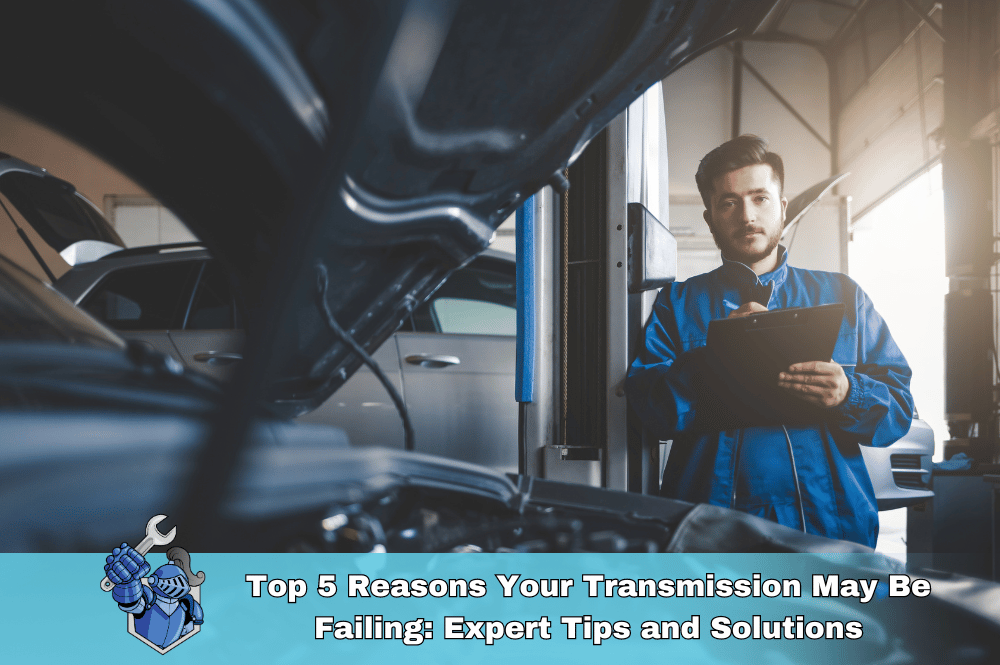 The Essential Guide to Car Maintenance: How to Keep Your Vehicle Running Smoothly
The Essential Guide to Car Maintenance: How to Keep Your Vehicle Running Smoothly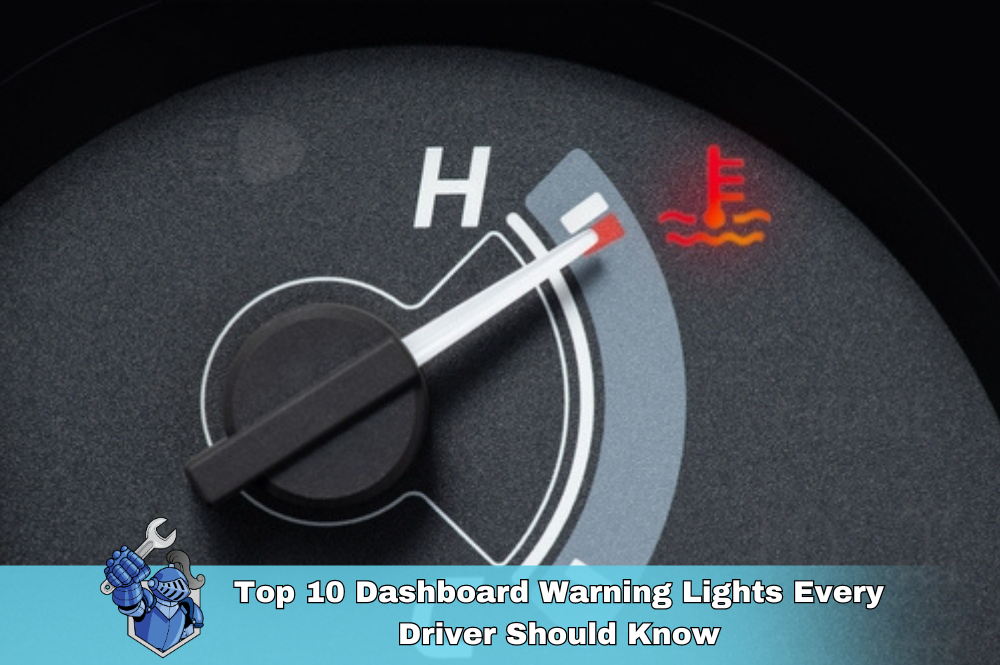 Top 10 Dashboard Warning Lights Every Driver Should Know
Top 10 Dashboard Warning Lights Every Driver Should Know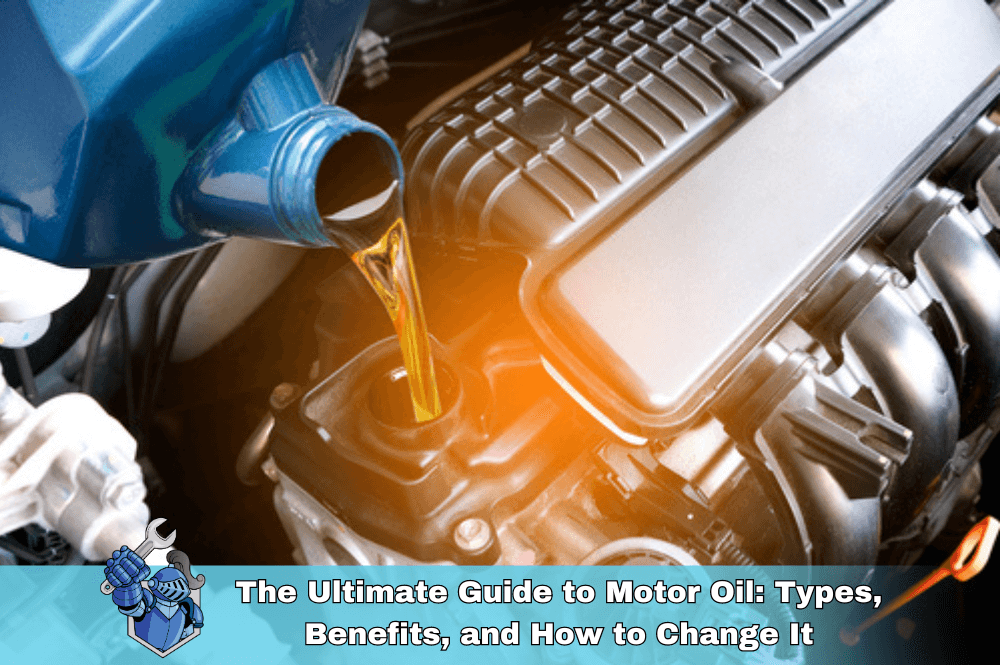 The Ultimate Guide to Motor Oil: Types, Benefits, and How to Change It
The Ultimate Guide to Motor Oil: Types, Benefits, and How to Change It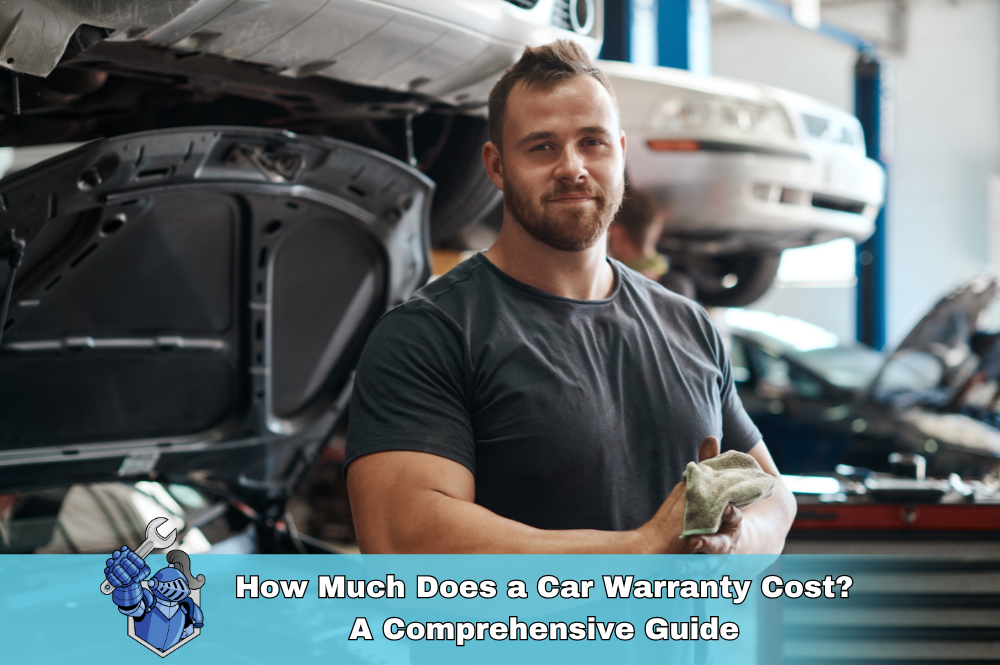 How Much Does a Car Warranty Cost? A Comprehensive Guide
How Much Does a Car Warranty Cost? A Comprehensive Guide The Pros of an Extended Warranty: Why It’s Worth the Investment
The Pros of an Extended Warranty: Why It’s Worth the Investment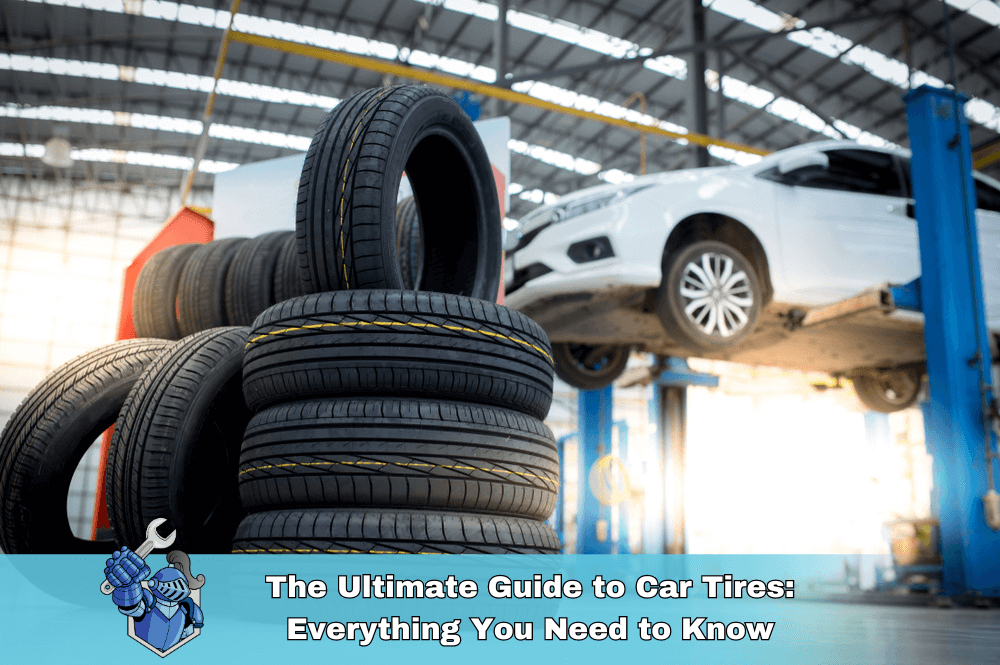 The Ultimate Guide to Car Tires: Everything You Need to Know
The Ultimate Guide to Car Tires: Everything You Need to Know
